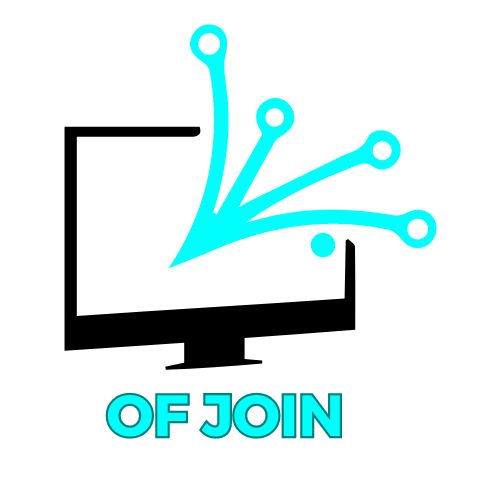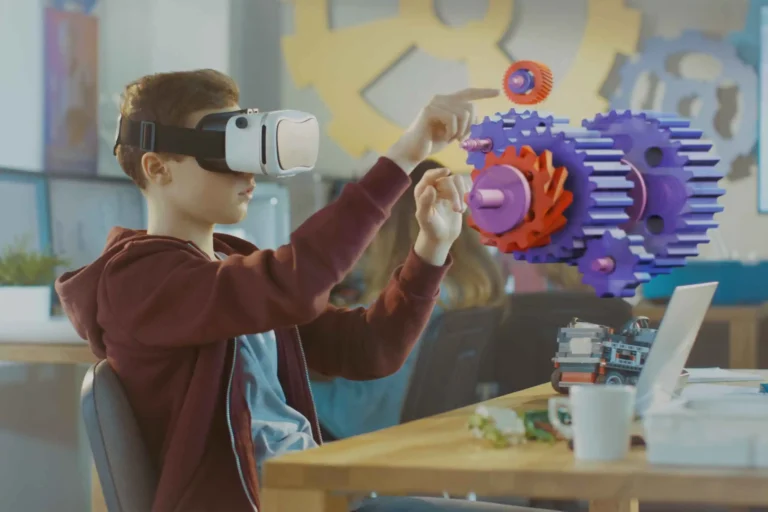The Global Shift to Remote Work: Long-Term Impacts on the Job Market
Remote work has revolutionized the job market. This shift offers flexibility but also introduces challenges for employees and employers.
The global shift to remote work has significantly impacted the job market. Companies now seek talent beyond geographical boundaries, leading to a more diverse workforce. Employees enjoy flexible work environments, which can boost productivity and job satisfaction. Remote work also reduces overhead costs for businesses, making it an attractive option.
However, it poses challenges such as maintaining team cohesion and cybersecurity. Workers must adapt to new technologies and self-discipline. The long-term impacts include a more dynamic job market, evolving work cultures, and the potential for economic shifts as businesses and employees continue to navigate this new landscape.
Rise Of Remote Work
Remote work is not new. For many years, some people worked from home. Technology made this possible. Computers and the internet helped a lot. Companies started to see the benefits. They saved money on office space. Workers liked the flexibility.
The COVID-19 pandemic changed everything. Many people had to stay home. Remote work became the norm. Companies quickly adapted. Tools like Zoom and Slack became essential. People learned new ways to stay connected. Productivity often increased. Many companies now plan to keep remote work options.
Technological Advancements
Cloud computing allows employees to access files from anywhere. This boosts productivity and flexibility. Businesses can scale resources up or down quickly. Costs are often lower due to reduced need for physical hardware. Data storage becomes more secure with cloud solutions. Cloud services offer automatic updates and maintenance. This reduces downtime and IT costs.
Collaboration tools like Zoom and Slack have revolutionized remote work. These tools enable real-time communication. Teams can share files and ideas instantly. Project management tools like Trello keep tasks organized. This ensures deadlines are met. Video conferencing brings face-to-face interaction. It helps maintain a sense of community. Virtual meetings save time and travel costs.
Changing Employer Strategies
Employers are adapting to the global shift to remote work, reshaping job roles and recruitment strategies. This transformation influences long-term job market dynamics and employee expectations.
Flexible Work Policies
Employers are adopting flexible work policies to keep employees happy. This includes options for remote work and flexible hours. Employees can now work from home or any location. These policies help in achieving a better work-life balance. They also reduce the need for long commutes. Companies are seeing higher employee satisfaction and productivity. Flexible work policies are becoming a key part of company culture.
Remote Hiring Practices
Companies are now hiring talent from all over the world. Remote hiring practices allow access to a global talent pool. This means more diversity in the workforce. Employers are using virtual interviews and online assessments. These methods help in finding the best candidates quickly. Remote hiring also reduces the cost of relocation. Companies can save money and hire the best talent.
Impact On Employees
Remote work has changed the way people live. Many employees find it easier to balance work and home tasks. Flexible hours allow parents to spend more time with their children. Commuting stress has decreased, leading to happier lives. Some people miss socializing with coworkers. Still, the overall impact is seen as positive by many.
Productivity levels have shown mixed results. Some workers are more productive at home. No office distractions help them focus better. Others struggle with staying motivated without supervision. Companies see benefits and challenges in remote work. They continue to adapt and find the best ways to support their teams.
Economic Implications
Companies can save money with remote work. Office space is no longer needed. This reduces rent and utility costs. Travel expenses also drop. Employees work from home, so commuting costs vanish. Businesses can hire from anywhere. This opens up global talent pools. Salaries might be lower in different regions. All these savings add up over time.
Local businesses might suffer. Fewer people travel to city centers. Restaurants and shops lose customers. Public transport sees fewer riders. Tax revenue for local governments may drop. Property values in business districts could decline. But some areas might see growth. Suburban and rural areas could benefit. New businesses might open there. Changes in spending habits will shape the future.
Future Of Office Spaces
Many companies are moving to hybrid work models. This means some days are spent at the office, and some at home. This new way of working brings flexibility. It helps employees balance work and life better. Employers save money on office space. But they still get to meet their teams in person sometimes.
Offices are changing to fit the new work style. More open spaces and collaborative areas are being created. Private rooms are also important for focus work. Technology is a key part of this redesign. It helps teams stay connected, even from different places.
Global Talent Pool
Remote work opens access to a global talent pool. Companies can hire the best talent from anywhere. This allows for diverse skillsets in teams. Employees from different cultures bring unique perspectives. This diversity can lead to innovative solutions.
Businesses no longer need to rely only on local talent. They can now tap into specialized skills globally. This broadens the range of expertise within the company. It can help in solving complex problems effectively.
The job market has become more competitive with remote work. Job seekers now compete with candidates from around the world. This raises the standards for skills and qualifications. Employers have more options and can be more selective.
High competition means candidates must continuously upgrade their skills. This can be done through online courses and certifications. Keeping up with industry trends is crucial. This ensures they remain relevant in the job market.
Challenges And Solutions
Remote work raises cybersecurity concerns. Employees use home networks that are often less secure. This makes company data vulnerable. Companies must adopt strong security measures. Using VPNs and encryption can help. Regular cybersecurity training for employees is important. This ensures everyone understands the risks. Implementing multi-factor authentication adds another layer of security.
Managing remote teams can be challenging. Communication is key. Use video calls and chat tools to stay connected. Set clear goals and expectations. This helps everyone stay on track. Regular check-ins keep teams aligned. Trust and flexibility are vital. Allowing flexible hours can improve productivity. Encourage a healthy work-life balance for all team members.
Long-term Predictions
Remote work saves time and money. Companies cut costs on office space. Employees save on commuting. More people want remote jobs. Technology makes it easier. Tools like Zoom and Slack help. People stay connected. Productivity often increases. Workers enjoy more flexibility. They balance work and life better. Businesses see happier employees. They can hire from anywhere. This widens the talent pool. Remote work is here to stay.
Job roles are changing. New skills are needed. Digital skills are essential. Many jobs are now online. Roles like digital marketing grow. Traditional roles adapt. Teachers use online tools. Healthcare uses telemedicine. Customer service goes digital. Some jobs disappear. Others evolve. Skills must be updated. Lifelong learning is key. Workers need to adapt. Employers offer training. This helps employees stay relevant.
Remote work is reshaping the global job market significantly. Businesses must adapt to remain competitive. Employees enjoy more flexibility and better work-life balance. The shift brings challenges but also opportunities for growth. Embracing these changes can lead to a more dynamic and resilient workforce.
The future of work is undoubtedly evolving.






